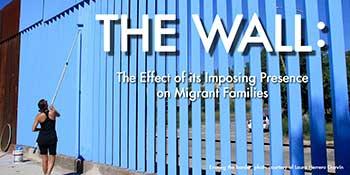Combat drug trafficking and climate change simultaneously: Drug trafficking and organized crime are fuelling deforestation in protected tropical forests and national parks across Central America, causing substantial economic losses. Traffickers are cutting down trees to build roads and airstrips to transport cocaine and are encroaching ever further into more remote forest areas to evade anti-narcotics operations, according to two separate studies on the problem. Environmental degradation caused by drug trafficking leads to losses of about $215 million annually in natural and cultural resources across Central America’s protected forest areas, showed estimates by report co-author Bernardo Aguilar-Gonzalez. Areas that are managed by communities record “very low forest losses”, they added. “Investing in community land rights and participatory governance in protected areas is a key strategy to combat drug trafficking and climate change simultaneously,” Aguilar-Gonzalez said in a statement.
- Home
- About Us
- Issues
- Countries
- Rapid Response Network
- Young Adults
- Get Involved
- Calendar
- Donate
- Blog


